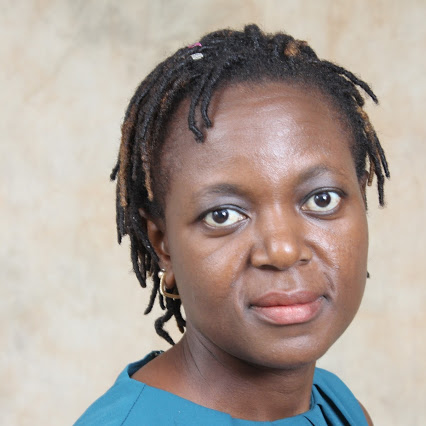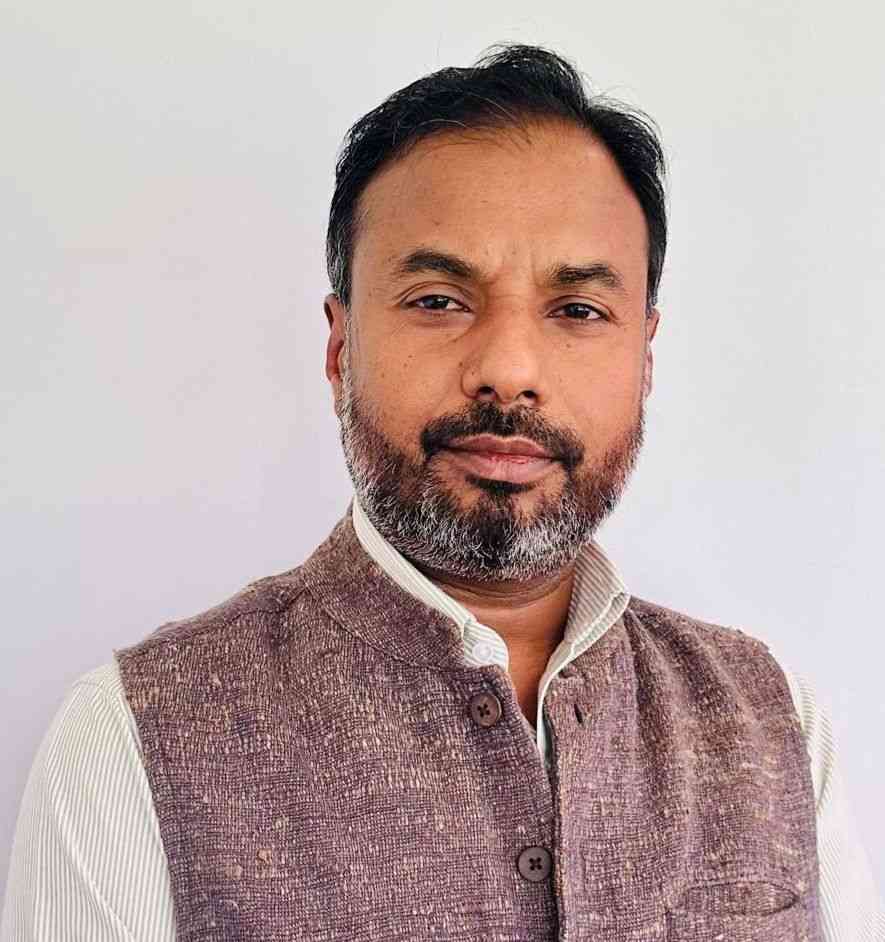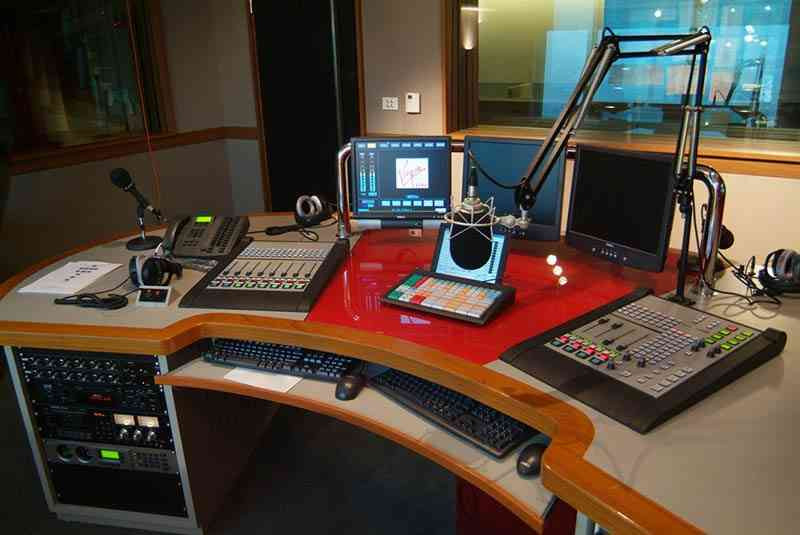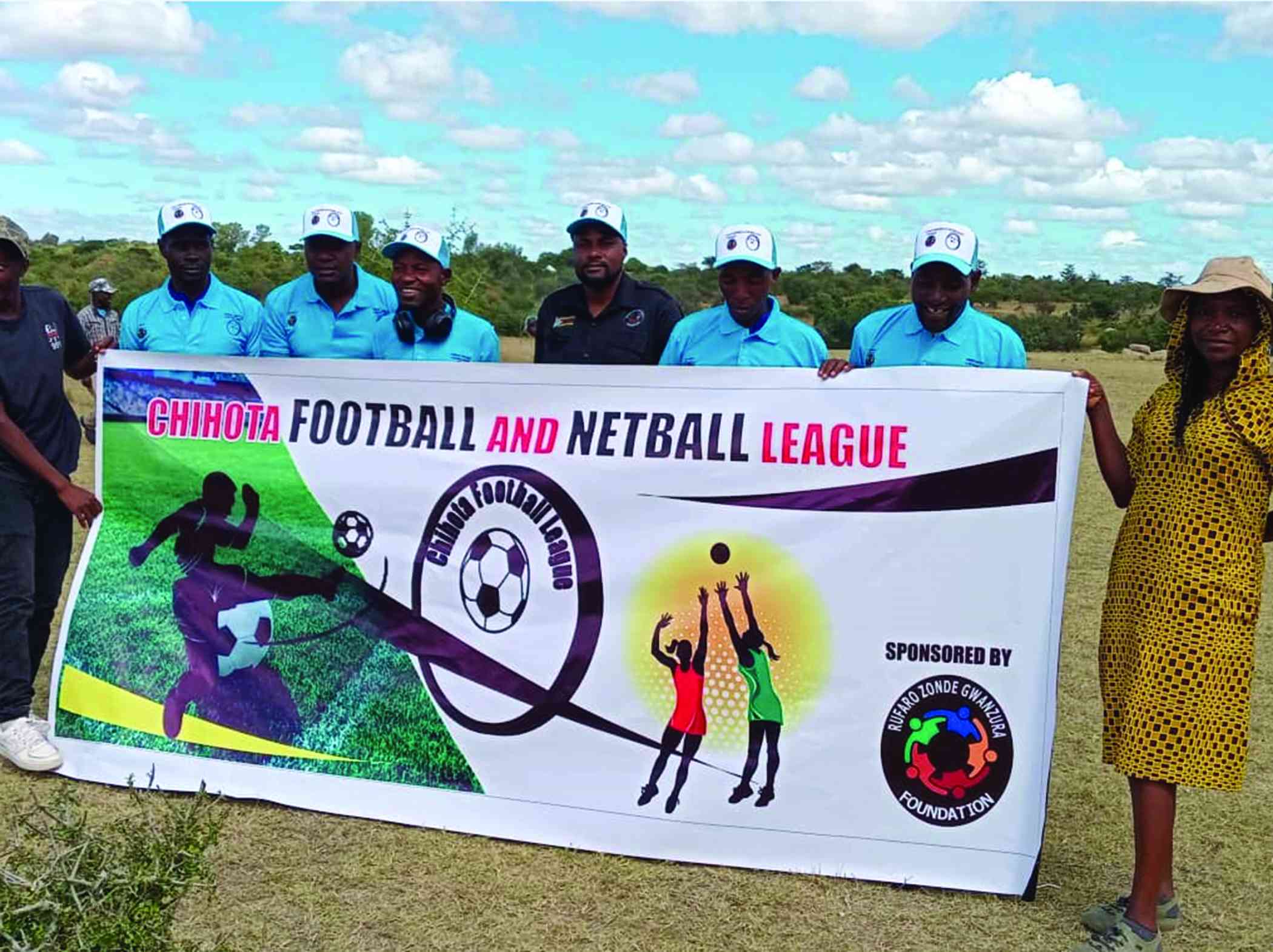
The Constitution recognises and provides for the protection of the rights of all people, despite their differences and life circumstances. It recognises the inherent worth and dignity of all persons, including vulnerable people, such as the disabled. United Nations Children’s Fund (Unicef) estimates that approximately a million Zimbabweans live with some form of disability.
Your Rights: MIRIAM TOSE MAJOME
Disabled persons are described as persons with a physical, mental or sensory disability including a visual, hearing or speech functional disability, which leads to physical, cultural or social barriers that inhibits them from participating at an equal level with other members of society in activeness, undertakings or fields of employment that are open to other members of society.
The law
The Constitution and the Disabled Persons Act Chapter 17:01 provide for the rights, welfare and rehabilitation of disabled persons. The Act provides for the appointment of a director for Disabled Persons’ Affairs and the establishment of a National Disability Board under the auspices of the Ministry of Public Service and Social Welfare. In addition, there are two special representatives for disabled persons who sit in the Senate.
Special challenges
The major challenges, amongst others, that disabled persons face relate to accessing fair education and employment opportunities. A 2014 study by the National Association of Societies for the Care of the Handicapped reported that only 2% of people with disabilities are employed in the public sector and that 7% are in employment at all. Eight percent are self-employed, while 29% are involved in subsistence farming activities.
Disabled people are typically found in the low salaried jobs if they are lucky to find employment. Costs of employing disabled people tend to cause potential employers to shy from recruiting them. There are indeed extra costs needed to cater for the unique needs of disabled people in the workplace.
- Chamisa under fire over US$120K donation
- Mavhunga puts DeMbare into Chibuku quarterfinals
- Pension funds bet on Cabora Bassa oilfields
- Councils defy govt fire tender directive
Keep Reading
Denial of access
Section 8 prohibits denying disabled persons’ access to public premises, services and amenities. Last week we discussed that the National Disability Board can issue adjustment orders to owners of public premises and service providers to make necessary adjustments to their premises.
Disabled persons are not to be denied access or admission into any premises where members of the public are ordinarily allowed. They should also not be denied services that members of the public are ordinarily provided.
The country’s public transport system is notoriously unfriendly and unsuitable for disabled people’s needs.
In some instances, wheelchairs are regarded and charged separately as luggage. Denial of access or of any service is only permissible if it is done for the safety of the disabled person and not for any other reason. It is a criminal offence to deny access or withhold a service only on the basis of someone’s disability. Aggrieved disabled people, who are discriminated against in any manner, have a right to sue and claim damages. It is advisable to contact the appointed government bodies and the special parliamentary representatives and lodge complaints and seek assistance with getting recourse.
Workplace discrimination
Section 9 states that it is an offence to actively or passively discriminate against disabled persons in the workplace. References and inferences that promote discrimination against disabled persons are prohibited in advertisements, recruitment policies. The creation, classification or abolition of jobs and posts in a discriminatory manner is prohibited. There shall be no unequal remuneration for performance of the same work.
The administration of wages, salaries, pensions, accommodation, leave, allowances or benefits should always be fair. Fair consideration is to be given for opportunities in training, advancement, transfers, retrenchments or any other employment related matter. Sensitivity is to be paid to the provision of suitable amenities such as bathrooms and modified work stations and equipment. Such considerations include access ramps, wider doorways and hallways for people who use wheelchairs.
There is need to provide appropriate reading materials for visually impaired workers or for those with hearing impairments. While it is good for employers to make some adjustments to cater for disabled workers it is important to note that not every act or omission that disadvantages disabled persons is an act of discrimination.
Children and disability
Children are a particularly vulnerable section of the disabled community. The Unicef World Children Report for 2013 reported that there are as many as 600 000 children who live with some form of disability in Zimbabwe.
The National Association of Societies for the Care of the Handicapped reported that 52% of disabled children have no access to education and basic facilities such as toilets. 35% drop out of school and just disappear into the shadows. 84,2 % of disabled people are believed to have never received formal education. There are only few dedicated government and non-governmental programmes that provide some form of assistance.
There are a few specialised schools in the country that offer specialist education for only some forms of disability. In 2014 the Ministry of Education refused to provide for special education for ECD classes, saying no such need existed because of lack of numbers.
This was much to the dismay of groups and associations that work with disabled people. They maintained that there are high numbers of disabled children, who do not attend school at all due to lack of special facilities from the earliest primary school grades. This is a serious breach of the Education Act and the Constitution and should not go unchallenged.
Miriam Tose Majome is a lawyer and a teacher. She can be contacted on enquiries@legalpractitioners.org











